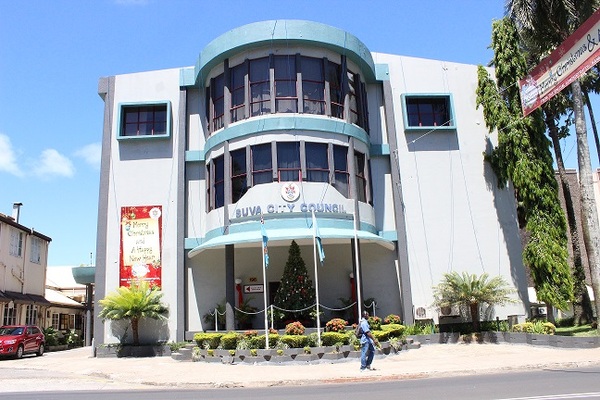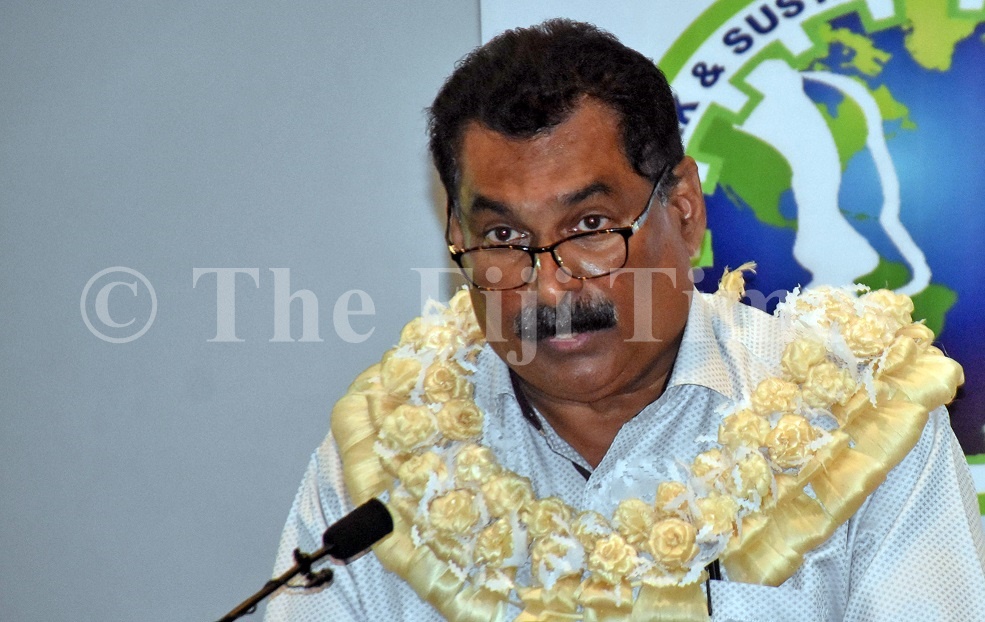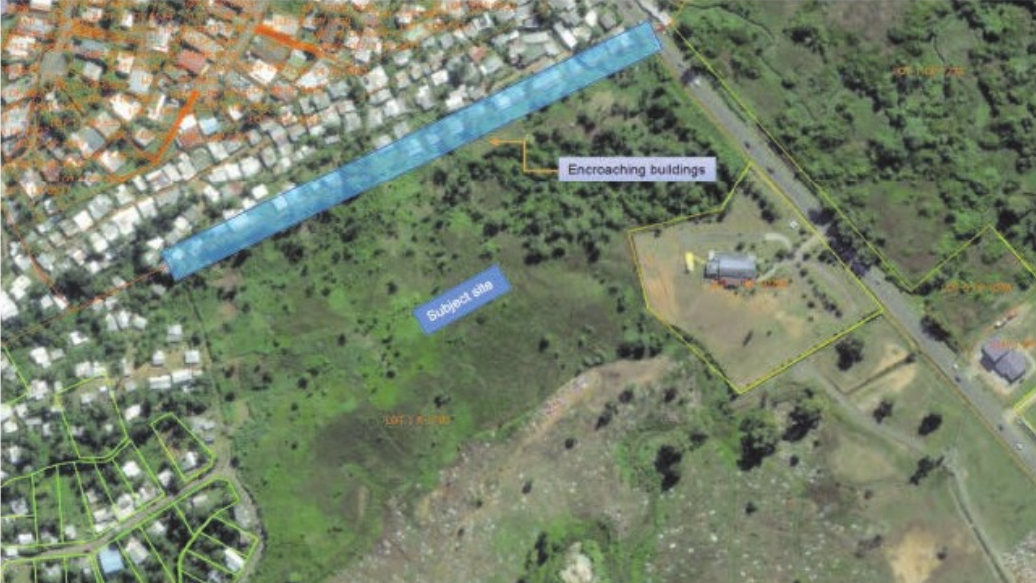Nightlife revival
THE Suva City Council (SCC) appears to be placing questionable priorities by planning to revive nightlife in the capital — so much so that they’ve gone as far as creating a new position solely to lead this initiative (FT 18/04). But is the council truly serious about this direction? Filthy Suva is already grappling with a long list of pressing urban issues. Nightclub brawls, some of which have turned fatal, have become a disturbing hallmark of the city’s nightlife. Violent, intoxicated individuals and glue-sniffing youths roam the CBD, often preying on innocent passers-by. Drug abuse is prevalent in every corner of town and law enforcement efforts to curb this menace seem ineffective as usual. Homelessness and poverty are increasing like a plague by the day. With all these compelling challenges escalating, one would expect the SCC to focus its energy and resources on cleaning up the city and protecting its residents. Instead, it’s placing unfeasible emphasis on reviving the nightclub scene, an environment already known for disorder and lawlessness. If the council envisions nightlife as part of a broader urban revitalisation, it must first address the foundational issues of public safety, law enforcement, and social welfare. Otherwise, this effort seems less like a visionary move and more like a tone-deaf distraction from Suva’s real problems. NISHANT SINGH, Lautoka
Contradictory practice
As I was sitting down on the floor in a house of worship, with my shoes outside the door, I am bitterly disappointed to see people coming into this holy place with their shoes on and going straight to the pews provided. I silently ask myself, for us at home especially for iTaukei, do we wear our shoes in the house or do we take them off outside? Do we sit on pews in front of our father or chiefs? I am adamant that in the iTaukei culture we do not wear our shoes in the house and we do not sit on pews in front of our chiefs and elders. This to me is quite a contradictory practice for in God’s house we wear our shoes inside and we sit in pews in front of Him while at home we put our shoes outside and sit down in front of our chiefs and elders. My take is that, we are worshiping God through the culture of the west, therefore, things do not add up and it makes us hypocritical people. Kositatino Tikomaibolatagane, Vinokonoko, Navua
Too many parties
So many proposed political parties for such a small country as ours. I hope they are all vying for a seat in the August house to act on behalf of all Fijians. Wise Muavono, Balawa, Lautoka
Focus on the bigger picture
This is in response to Chris Roxburgh’s “Letter to the Editor” on Sunday April 12, 2025. Let us talk about this response to the women’s groups’ proposal for a 30 per cent quota in Fiji’s Parliament. I get that the idea of “merit” is being thrown around, and it’s causing some challenge, but let’s break it down a bit. Think of it this way: the women’s groups aren’t asking for a permanent handout. They’re talking about a “temporary special measure,” a kind of boost to help level the playing field. It’s like giving someone a head start in a race when they’ve been held back for years. Once everyone’s running on the same track, the boost isn’t needed anymore. Now, about this “merit” argument. It sounds fair, right? Everyone competes equally. But here’s the thing: what we call “merit” isn’t always fair or neutral. It’s often been shaped by a system giving men a head start — access to resources, powerful networks, and even just how society sees them as “natural leaders.” In Fiji, like many places, these advantages are real. So, when we say women haven’t “earned” their place, we’re ignoring the obstacles they’ve had to overcome. What if we broadened our definition of “merit”? What if we included the unique strengths women bring — their collaborative spirit, their inclusive leadership styles, their diverse perspectives? These are valuable assets, not just “different,” but equally important. Look at the numbers. Less than 11 per cent of parliamentarians are women. In the private sector, especially boards — it’s not much better. That’s not a level playing field; that’s a lopsided one. And it affects everyone. A truly representative Parliament, with diverse voices, leads to better, more effective policies — especially in areas like health, education, and social welfare, where women’s experiences are crucial. Honestly, the resistance to this idea often feels like a resistance to change, a reluctance to share power. But it’s not about taking anything away from anyone. It’s about building a system where everyone has a fair shot. Let’s focus on the bigger picture: a Parliament that truly reflects the people it serves. Let’s move beyond this false choice between “diversity” and “merit” and recognise that they go hand in hand. Let’s see the data, acknowledge the gaps, and work towards a system that’s fair, equitable, and truly represents everyone in Fiji. GIna Houng Lee, Lami






